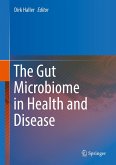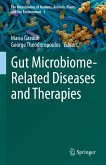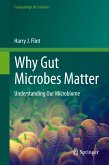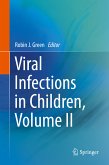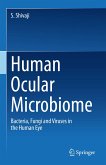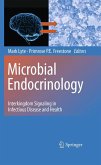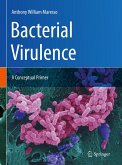The intestine is home to diverse bacterial communities forming the microbiome that influences host nutrition, immune functions and health. DNA-based methods have been instrumental to gain insight into the microbial eukaryotic diversity of the human gut. For instance, the microbiome share the intestinal ecosystem with a population of uni- and multi-cellular eukaryotic organisms. These eukaryotic organisms are very common and often very abundant in individuals with intestinal healthy conditions as well as those with intestinal diseases. The impact of the relationship between bacterial and eukaryotic organisms within the intestinal ecosystem on homeostasis and intestinal diseases is limited and can be considered an important emerging field of research. In addition, the factors that differentiate pathogenic eukaryotes from commensals are still unknown. Our interest focuses on the families of eukaryotic microbes inhabiting the intestine, called "intestinal eukaryome", that include fungi, protists and helminths. All these organisms and their interplay with bacteria and the human immune system are a challenge to assess the impact (present and future) of intestinal infectious diseases on public health.
This book presents an overview of the science presented and discussed in the First Eukaryome Congress, held from October 16th to 18th, 2019 at Pasteur Institute in Paris, France. This contributed volume is of special interest for PhD students, postdoctoral fellows, researchers and clinicians interested in the effect of the eukaryotic microbiome on human health.
Dieser Download kann aus rechtlichen Gründen nur mit Rechnungsadresse in A, B, BG, CY, CZ, D, DK, EW, E, FIN, F, GR, HR, H, IRL, I, LT, L, LR, M, NL, PL, P, R, S, SLO, SK ausgeliefert werden.



